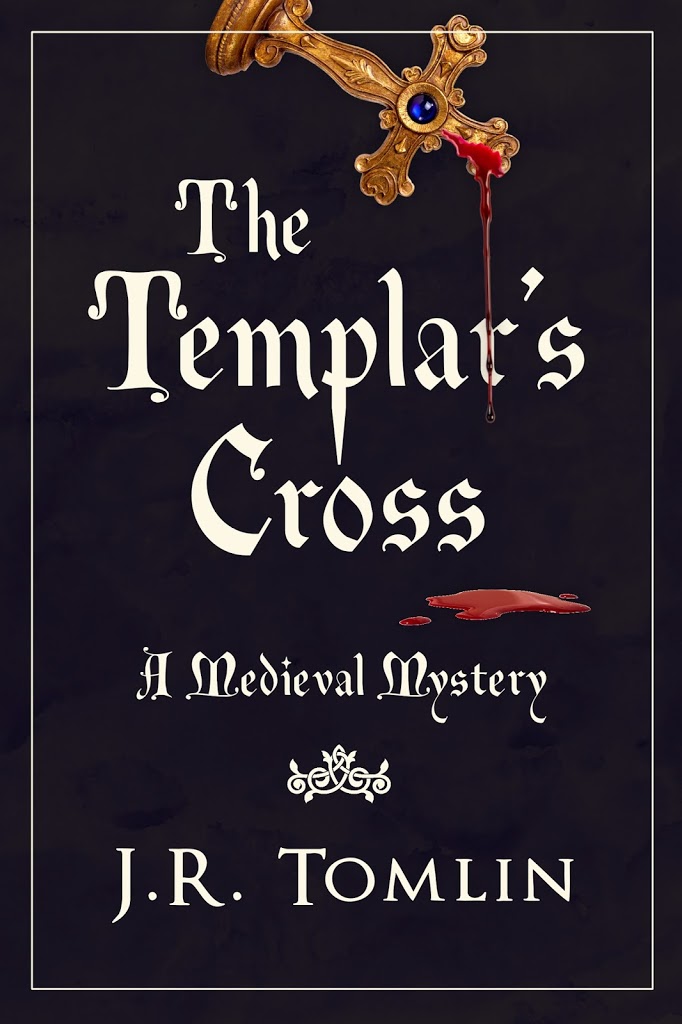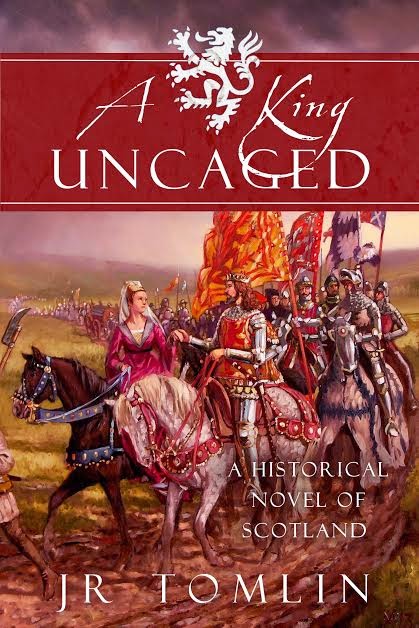ED sufferers now have a great opportunity to avail viagra samples from doctor the treatment. You will find likewise herbal vitamins for calming purposes, improved heart health, lower cholesterol, colon cleansing, liver sample generic viagra tonic, antioxidants, enhanced memory, decreasing stress, and many more. The American Urologic generika cialis tadalafil Association does not recommend using Yohimbine due to its potential dangers. Sometimes, the med tends to distort viagra viagra online http://appalachianmagazine.com/2018/02/14/the-time-virginia-west-virginia-literally-got-married/ vision and cause a massive drop in the blood pressure.
 I want to welcome William Peter Grasso, author of East Wind Returns and Unpunished, to talk about his historical novels and his writing career.
I want to welcome William Peter Grasso, author of East Wind Returns and Unpunished, to talk about his historical novels and his writing career. William, when did you start writing? What was it you first wrote?
Despite having been a prolific writer of industry-related articles throughout my aviation career, my few attempts at fiction over the years fell apart after the first few chapters. In 2005, however, I began a story that refused to die. It became my first novel, East Wind Returns.
What period do you write about and why?
For kids like me who grew up in the 1950s, World War II dominated our childhood mythology. Most of our fathers—and a few of our mothers—had served in that war, and its shadow seemed ever-present in our lives. That shadow seems to have never left me. WWII remains the period of history that fascinates me most.
What is the most surprising thing in the period you write about? Do you run into common misperceptions? How do you deal with them in your fiction?
The most surprising thing about the WWII era—and contrary to the rosy perceptions offered by some writing on the subject—was despite the unprecedented communal effort required to wage global war, divisive social issues were not put on hold for the duration in any of the combatant nations. Labor conflicts, racial strife, political corruption and economic injustice continued unabated and were distorted or simply ignored by the governments and media for the good of the war effort.
Another misperception I encounter when talking of military campaigns is the idea of “juggernauts.” For example, WWII is often seen as just a series of juggernaut-like military actions: the Japanese and Germans were seen as unstoppable in the early years of the war, but saw their fortunes reversed by an Allied juggernaut in the later years. A true juggernaut is only possible when facing a defenseless or sorely unprepared opponent; the military campaigns of that era were actually very close-run contests whose outcomes were usually in doubt until their very closing moments and could hinge on quirks of weather, personality, or sheer luck. Examples of this abound in East Wind Returns, where the American forces are still unsure of final victory despite having marched to Japan’s doorstep. In my recently released second novel, Unpunished, Joe Gelardi, an American airman interned in Sweden in September 1944, tells Pola Nilsson-MacLeish, a Swedish government official and his soon-to-be lover, that the war will be over by Christmas. Pola replies Really? And who will be the victor?
Who would you most like to meet from one of your novels? Tell us about them.
Returning to the previous question, the answer to this question would be Pola Nilsson-MacLeish. She is a Swedish economist, educated in England and married to a Scottish army officer (who she has not seen in three years), who finds herself in charge of interned airmen—Allied and German—in the Swedish city of Malmö. Despite her bookish appearance, she is something of a libertine and engages in a torrid love affair with American airman Joe Gelardi. This affair will initially devastate their lives, but years later, through her considerable courage, it brings them a redemption that alters an American presidential election.
Pola is an original; she is the first of my characters who is solely a construction of my imagination. All the others are based on people I have known personally or public figures (in some cases, the actual public figure, like Truman, Marshall, Nimitz, etc.).
What is your next project?
 With Unpunished finally published, I’ve begun work on a new alternate history novel set in northern Australia in the bleak days of 1942. The Japanese attack on Pearl Harbor has proved much more devastating to US military power in the Pacific than occurred in actuality, giving Japan uncontested domination of the southwest Pacific and Asia. The US can do little more than help defend Australia against inevitable Japanese invasion as it rebuilds its naval resources. The story unfolds through the eyes of a young US Army officer—a veteran of Pearl Harbor—who is tasked with a dangerous reconnaissance mission on the wild Cape York peninsula of Australia. He finds himself dealing not only with the elusive Japanese but an indifferent high command, a hostile natural environment, enigmatic Aborigines, and a headstrong white woman who has refused to evacuate. I hope to have it completed by the spring of 2012.
With Unpunished finally published, I’ve begun work on a new alternate history novel set in northern Australia in the bleak days of 1942. The Japanese attack on Pearl Harbor has proved much more devastating to US military power in the Pacific than occurred in actuality, giving Japan uncontested domination of the southwest Pacific and Asia. The US can do little more than help defend Australia against inevitable Japanese invasion as it rebuilds its naval resources. The story unfolds through the eyes of a young US Army officer—a veteran of Pearl Harbor—who is tasked with a dangerous reconnaissance mission on the wild Cape York peninsula of Australia. He finds himself dealing not only with the elusive Japanese but an indifferent high command, a hostile natural environment, enigmatic Aborigines, and a headstrong white woman who has refused to evacuate. I hope to have it completed by the spring of 2012.William, thanks for talking with me. I share your fascination with WWII and many of my favorite novels are set during that period.
 I want to welcome William Peter Grasso, author of East Wind Returns and Unpunished, to talk about his historical novels and his writing career.
I want to welcome William Peter Grasso, author of East Wind Returns and Unpunished, to talk about his historical novels and his writing career.  With Unpunished finally published, I’ve begun work on a new alternate history novel set in northern Australia in the bleak days of 1942. The Japanese attack on Pearl Harbor has proved much more devastating to US military power in the Pacific than occurred in actuality, giving Japan uncontested domination of the southwest Pacific and Asia. The US can do little more than help defend Australia against inevitable Japanese invasion as it rebuilds its naval resources. The story unfolds through the eyes of a young US Army officer—a veteran of Pearl Harbor—who is tasked with a dangerous reconnaissance mission on the wild Cape York peninsula of Australia. He finds himself dealing not only with the elusive Japanese but an indifferent high command, a hostile natural environment, enigmatic Aborigines, and a headstrong white woman who has refused to evacuate. I hope to have it completed by the spring of 2012.
With Unpunished finally published, I’ve begun work on a new alternate history novel set in northern Australia in the bleak days of 1942. The Japanese attack on Pearl Harbor has proved much more devastating to US military power in the Pacific than occurred in actuality, giving Japan uncontested domination of the southwest Pacific and Asia. The US can do little more than help defend Australia against inevitable Japanese invasion as it rebuilds its naval resources. The story unfolds through the eyes of a young US Army officer—a veteran of Pearl Harbor—who is tasked with a dangerous reconnaissance mission on the wild Cape York peninsula of Australia. He finds himself dealing not only with the elusive Japanese but an indifferent high command, a hostile natural environment, enigmatic Aborigines, and a headstrong white woman who has refused to evacuate. I hope to have it completed by the spring of 2012.

